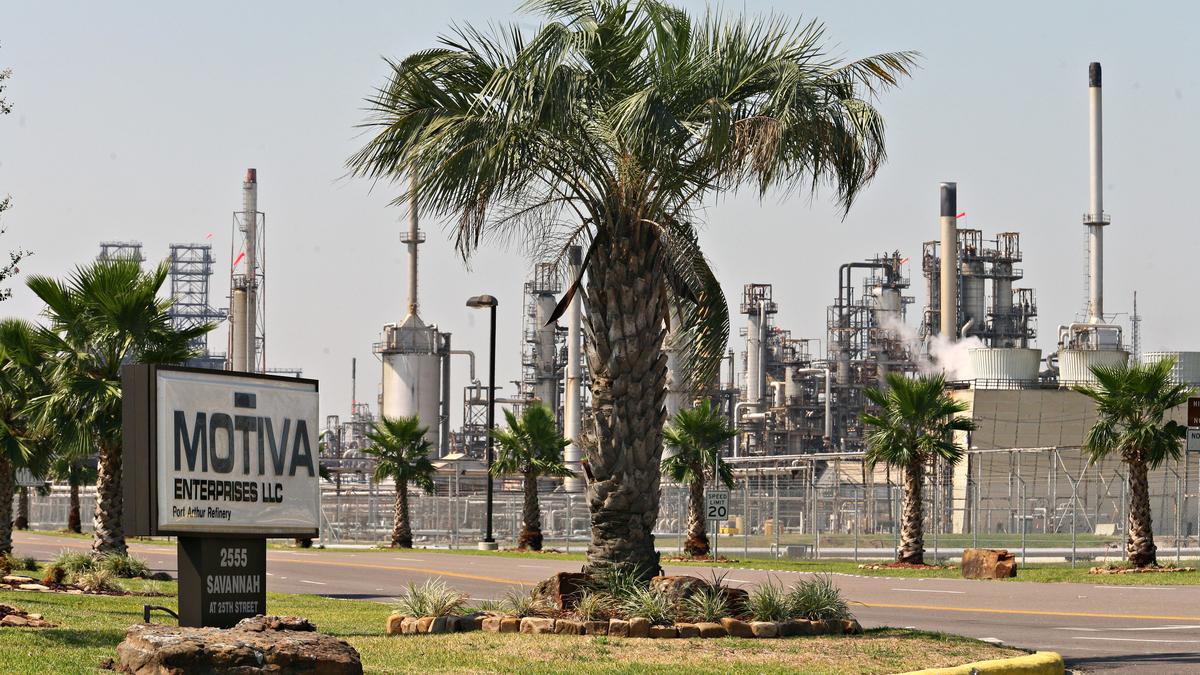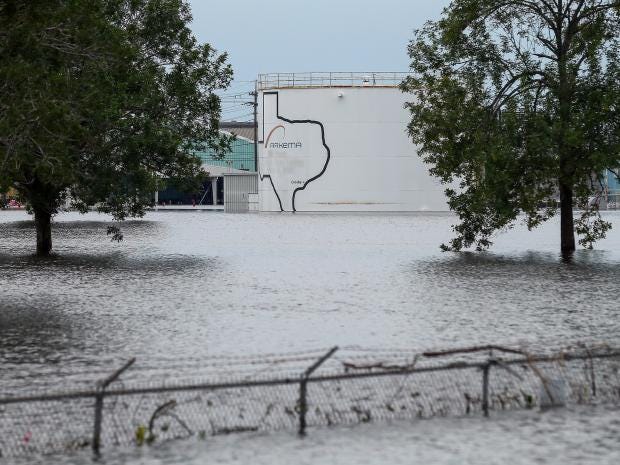
For decades, federal and state laws have required corporations to disclose information about their activities that affect the public. ExxonMobil is now asking a federal court to allow it to ignore one of those obligations relating to the vital issue of climate change.
Exxon is suing the government of California over two laws enacted in 2023 that will require large companies to provide two forms of disclosure. S.B. 253 mandates that companies doing business in California with annual gross revenues above $1 billion disclose their greenhouse gas emissions. S.B. 261 requires that companies operating in the state with annual gross revenues over $500 million disclose climate-related financial risks and their mitigation efforts. The requirements take effect in 2026.
In its lawsuit complaint, Exxon adopts a belligerent tone, arguing that the laws compel it “to trumpet California’s preferred message even though ExxonMobil believes the speech is misleading and misguided.” At the same time, the company makes two preposterous claims.
The first is that it is unfair to base the disclosure rules on the size of corporations: “California may believe that companies that meet the statutes’ revenue thresholds are uniquely responsible for climate change; but the First Amendment categorically bars it from forcing ExxonMobil to speak in service of that misguided viewpoint.”
It is common practice to limit certain disclosure requirements to large companies. In this case it is especially appropriate, given that giant corporations such as Exxon, especially those in the fossil fuel business, clearly account for a disproportionately large share of greenhouse gas emissions. It takes quite a bit of chutzpah for Exxon to suggest it is being treated unfairly because it has an obligation that does not apply to a neighborhood coffee shop.
Also outrageous is the company’s claim that California has no right to require it to report on emissions that take place outside the state. Global warming is an international phenomenon. Greenhouse gas emissions do not stop at state or national borders.
What is troubling about Exxon’s attack on the California laws is that it suggests the company is backtracking in its stance on the climate crisis. For many years, Exxon was the leading espouser of climate denialism, going to great lengths to cover up its own role in the problem.
Eventually, Exxon stopped completely denying the existence of global warming. In its lawsuit complaint, the company states that it “understands the very real risks associated with climate change and supports continued efforts to address those risks.” Yet it alleges that under the California rules it “will be forced to describe its emissions and climate-related risks in terms the company fundamentally disagrees with.”
Exxon’s new position seems to be that, while it does not deny the existence of climate change, it denies that it bears substantial responsibility for it. That, in turn, implies that any climate mitigation efforts should not impinge significantly on its operations.
Taking this stance also allows Exxon to deny that it faces significant climate-related financial risks. In doing so the company probably feels emboldened by Trump’s insistence that climate change is a hoax and by his administration’s efforts to prop up the fossil fuel sector.
At some point, these delusions will collapse. For now, let’s hope the federal judge who hears Exxon’s case laughs the company out of court.





/s3/static.nrc.nl/wp-content/uploads/2021/05/web-2605binshell.jpg)


 Much of the Gulf region remains flooded, people are still being rescued, and the full magnitude of the damage is not yet known. But soon the center of attention will be the rebuilding effort and how to pay for it.
Much of the Gulf region remains flooded, people are still being rescued, and the full magnitude of the damage is not yet known. But soon the center of attention will be the rebuilding effort and how to pay for it.
You must be logged in to post a comment.